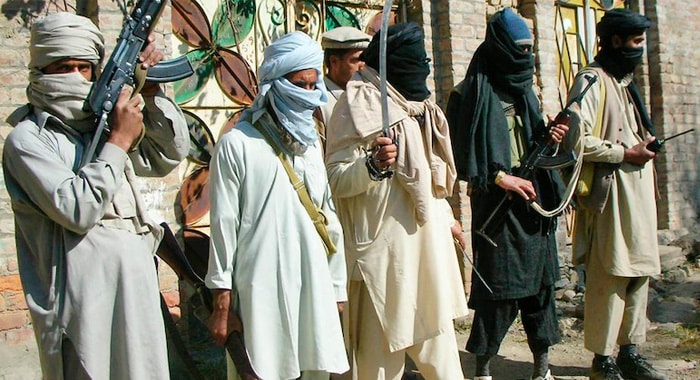The proscribed Tehreek-e-Taliban Pakistan (TTP) has claimed that the prevailing system of governance in Pakistan is un-Islamic and declared its intent to impose Shariah through violence in order to build a society based on what it calls “true Islamic principles.”
However, religious scholars and legal experts have categorically rejected the TTP’s narrative, stating that its rejection of the Constitution and democracy, and its labeling of violent rebellion as “jihad,” reflects a gross misinterpretation of Islamic teachings. They emphasized that Islam condemns unwarranted rebellion and labels it as “fasad fil-ard” (corruption on earth). The Prophet Muhammad (peace be upon him) said, “Whoever disobeys the ruler has disobeyed me” (Sahih Bukhari).
According to Islamic jurists, rebellion is only justified if a ruler commits clear and open disbelief—something that does not apply to Pakistan, whose Constitution is rooted in Islamic principles. Experts stressed that the enforcement of Shariah must be carried out through wisdom, justice, and collective consensus, not through coercion or violence.
Legally, Pakistan’s Constitution declares Islam as the state religion and provides a framework for the implementation of Shariah through parliamentary legislation. Any violent, unconstitutional attempt such as that promoted by the TTP amounts to treason under the law.
Morally, the TTP’s resort to violence, self-styled punishments, and disruption of public peace directly contradicts the objectives of Shariah, which include justice, mercy, and the protection of human rights. The Quran states, “There is no compulsion in religion” (Al-Baqarah: 256), and any forced imposition of Shariah undermines the Prophet’s message of mercy for all humanity.
Experts warned that the TTP’s narrative is a cloak for extremism aimed at weakening Pakistan’s Islamic and democratic foundations. They maintained that the group’s ideology is not only un-Islamic but also in violation of legal and ethical norms.





